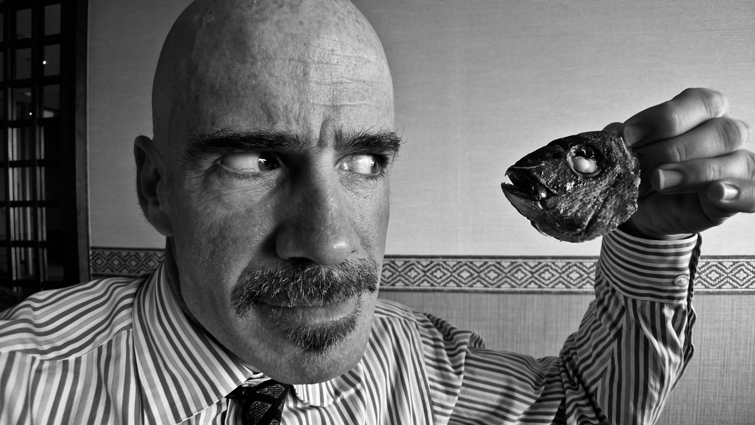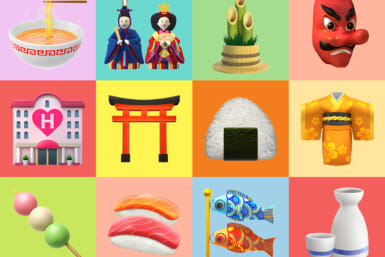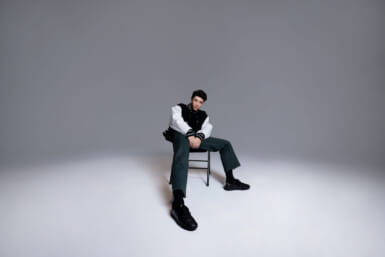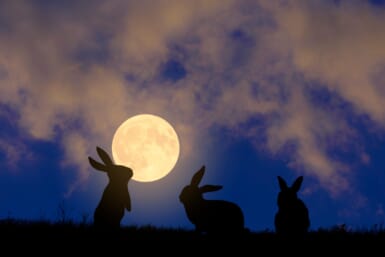Long-form interviews with a wide range of cultural figures have proven to be a winning mix for this podcast.
by Alec Jordan
Diplomacy can take many forms. It can be a matter of grand politicized gestures, bellicose saber-rattling, and solemn summits, but it doesn’t always need to be that weighty. Sometimes positive international relations can be achieved by sharing things as varied as art, music, or even beer.
The American Radio Show is one podcast that uses this kind of soft diplomacy and adds some English language learning to the mix as well. Since November 2012, producer and interviewer Roberto De Vido has been interviewing a broad mix of artists, political figures, and performers—he began with renowned composer Philip Glass and one of his most recent interviews was with Burning Man’s global ambassador, Bear Kittay.
However, De Vido admits he didn’t begin with a burning passion for podcasting: “I was never really into them, but a journalist friend suggested I listen to a few, including Here’s the Thing, Alec Baldwin’s WNYC podcast.”
After realizing the amount of depth you can get from the long-form interview format (and appreciating the work of a fellow New Yorker), his opinion of the genre started to change, and following a conversation with a friend who told him she’d had drinks with actor Pierce Brosnan the previous night, he realized there was a cultural wealth passing through Tokyo that was going ignored, and ideas for the podcast started to fit together. “A lot of people come through Japan and Tokyo every year, and nobody knows. The Japanese media don’t have the interest; they don’t have the capacity to access those people, and even if they did, they wouldn’t be able to do anything with it.”
This put him in mind of another friend (De Vido is a communications consultant) who works as the public affairs minister for the US Embassy: “And I thought, American culture, American musicians, movie people; anyone in the cultural area—that’s one of our greatest exports, and least controversial exports.” The Embassy agreed to sponsor a series of episodes and so the podcast got its start, and its name.
The format of the show is simple: long-form interviews with a variety of cultural figures, with occasional breaks for a brief Japanese synopsis. As De Vido explains, he sees the show as having “two purposes: one is the cultural interest and one is the language learning. That’s where Japanese people really fall down—it’s in their exposure to native speakers.”
De Vido keeps an eye out for a wide variety of interview subjects: a jazz fan, he has spoken with many musicians as they’ve toured through town, including Gregory Porter, Dave Grusin, and Jack DeJohnette. He’s spoken with Linda Semlitz, the Clinical Director of the TELL counseling service that offers assistance to the international and Japanese community, and to the craft brewers Bryan Baird and Scott Brimmer, and many others.
Despite his close connection to the Embassy, one of the interviews he was most proud of getting was with former Ambassador Roos: “Ambassador Roos was very image conscious, and my sense is that, at a certain point, he got a little tired of his media encounters that were solely focused on Futenma. I’m really much more interested in what’s it like to be the Ambassador to Japan. And although he was thrust into the limelight on March 11, 2011 and became a famous person in Japan, I got the sense he was more than a bit reluctant to agree to the interview.”
And ironically, De Vido believes that one of his most interesting interviews has been with a Japanese guest: the astronaut Naoko Yamazaki. “For Yamazaki-san, to interview an astronaut, to me was just a thrill. I mean, how many people have been in space? Well it’s 532, I think; it’s not a lot. And, she’s a woman who smashed through Japan’s glass ceiling in a space shuttle. That’s a special thing. There are only two Japanese women who have been to space; she was the more recent one.”
As our conversation with the hosts of the Bilingual News podcast demonstrated, obtaining sponsorship for a broadcast can be tricky. And while the show has support from the US Embassy, De Vido says: “I’m looking for additional sponsors that have strong links to the United States, and that feel they might benefit from reaching our young, female audience that has an interest in American culture. The show is unique in Japan, and I’ve been thrilled to have been able to get such a range of guests.”
To find out more about The American Radio Show, check out their site or download an episode on iTunes.











